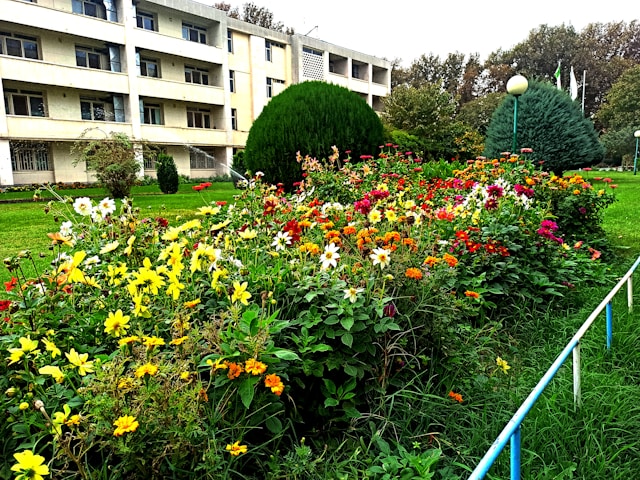
Eco-Friendly Gardening: Sustainable Practices
Share
Sustainable gardening minimizes environmental impact while promoting healthy plant growth. By choosing eco-friendly methods, you can reduce chemical usage, conserve water, and create a garden that thrives naturally.
🌱 Choosing Organic Fertilizers and Soil Amendments
-
Use compost and well-rotted manure instead of synthetic fertilizers.
-
Apply organic mulch to retain moisture and suppress weeds.
-
Test soil regularly to maintain nutrient balance.
Product Tip: Our shop offers organic fertilizers, compost, and natural soil enhancers suitable for all garden types.
☀️ Water Conservation Techniques
-
Install drip irrigation systems to deliver water directly to plant roots.
-
Use rain barrels to collect and reuse rainwater.
-
Group plants with similar water needs together.
Product Tip: Explore our water-saving drip kits and stylish rain barrels for efficient irrigation.
🌸 Natural Pest Management
-
Encourage beneficial insects like ladybugs and lacewings.
-
Use neem oil, garlic sprays, or insecticidal soap instead of harsh chemicals.
-
Companion planting can deter pests naturally.
Product Tip: Our organic pest control sprays and insect habitats support a chemical-free garden.
🍂 Sustainable Garden Design
-
Plant native species to reduce maintenance and water use.
-
Use perennials to reduce yearly planting requirements.
-
Reuse materials for garden structures or decorative elements.
🌿 Benefits of Eco-Friendly Gardening
-
Protects local wildlife and pollinators
-
Reduces chemical runoff and water waste
-
Promotes soil health and biodiversity
-
Creates a sustainable, low-maintenance garden
Product Tip: Our eco-gardening kits include native seeds, organic fertilizers, and design guides for sustainable gardens.
